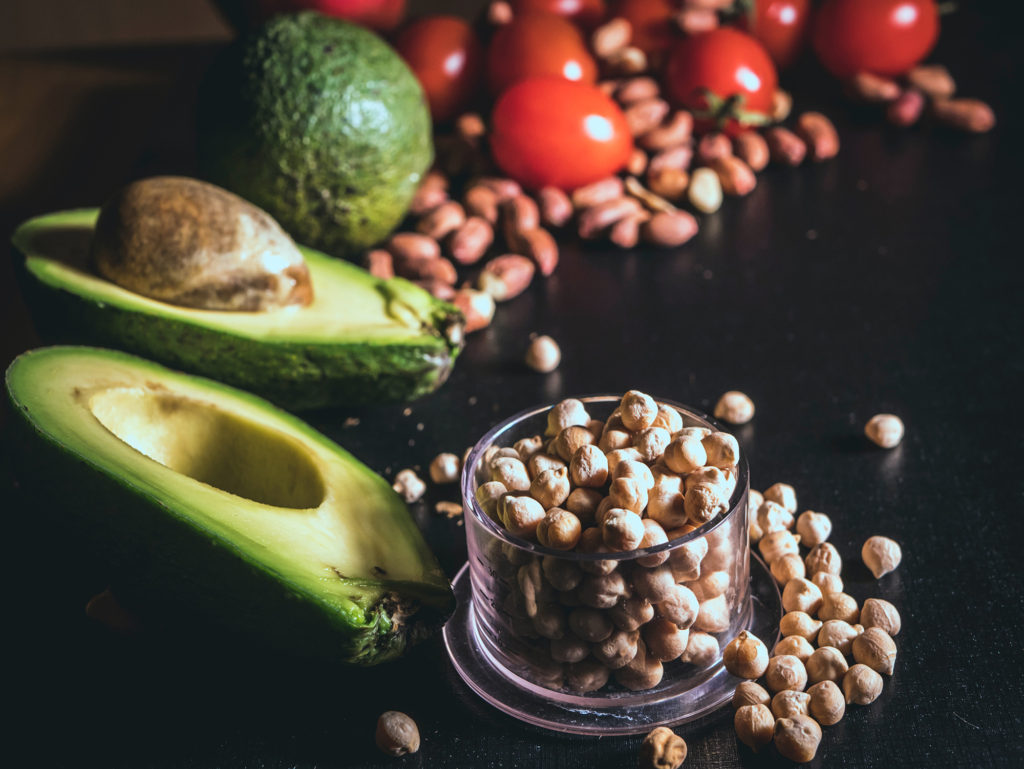Heart Disease – Use the Mediterranean Diet to Lower Heart Disease

I’m sure you’ve heard of the Mediterranean Diet and its’ link to heart health. The Mediterranean Diet emphasizes fruits, vegetables, whole grains, fish, and monounsaturated fats (olive oil).
Those that follow a Mediterranean Diet have a reduced risk of developing heart disease and dying from a heart attack. Even those that have survived a heart attack and lived to adopt the Mediterranean Diet significantly reduced their risk of a second heart attack and other complications.
In an interesting twist, while many westerns try to follow a Mediterranean diet to reduce heart disease, the native Mediterranean population has gradually adopted a more Western diet. The Mediterranean area has seen an income rise that’s resulted in extra dollars being spent on meat and saturated fat food sources, leading to the negative results those of us in the U.S. are all too familiar with. Over the past 4 decades the average calorie intake in the Mediterranean countries has increased ~30%. So, the once healthy Mediterranean people now face increasing weight epidemics – 75% of the population overweight or obese in Greece, with over half of the population in Italy, Spain, and Portugal following suit. These countries are now supporting the “Mediterranean Diet” as a part of their cultural heritage they can not let die.
Here’s a quick breakdown of the characteristics common to a Mediterranean Diet:
- Consume high intake of fruits and vegetables
- Select whole grains
- Consume healthy fats (olive oil)
- Eat nuts in moderation
- Low red wine consumption
- Limit eggs to less than 4 times per week
- Consume little red meat
- Eat fish regularly
Let’s get into more specifics.
Fruits, vegetables, and whole grains
A high intake of fruits, vegetables, and whole grains reduces LDL (the “bad”) cholesterol that leads to a build-up of arterial plaque. Grains in the Mediterranean region are whole grain with very little unhealthy trans fats. Breads in the Mediterranean region are typically eaten without butter or margarine.
Healthy Fats
When following a Mediterranean diet you need to choose fats wisely. Include monounsaturated fat and polyunsaturated fats. Sources of these healthy fats include olive oil, nuts, and fish. The Mediterranean diet approach does not include a high saturated fat intake or trans fatty acids, both of which contribute to heart disease.
Olive oil – provides monounsaturated fat, which helps reduce LDL cholesterol. To receive the highest level of antioxidant benefits, select “extra-virgin” and “virgin” olive oils, the least processed forms. When you see the term “light” on olive oil labels, it indicates a reduced olive flavor.
Nuts – high in fat and calories, but low in saturated fat and depending on the nut you select can be a good source of heart healthy omega 3 fatty acids (i.e. walnuts). Eat in moderation due to high calorie content and limit the heavily salted nuts or honey roasted.
Wine
Red wine can have a similar affect to aspirin in that it reduces blood clotting. Red wine also contains antioxidants. If you’ve been following my posts, you know that I am not a supporter of using alcohol to reduce heart disease risk. If you already drink wine, continuing to do so in moderation (less than 4 ounces of wine per day) may be beneficial. If you do not currently consume wine, I do not recommend you start. Too much wine will counteract your good intentions and lead to additional complications, such as increased blood pressure.
Omega 3’s and Fish
Increase your intake of heart-healthy omega 3 fatty acids, which are linked to reduced triglycerides, reduced arterial inflammation, lower blood pressure and high HDL (good) cholesterol. Include fish (I don’t mean battered and fried) as a regular part of your diet in place of the more typical red meats, use flaxseed in your diet, and consider an omega 3 supplement.
All the best,
Lisa Nelson RD



